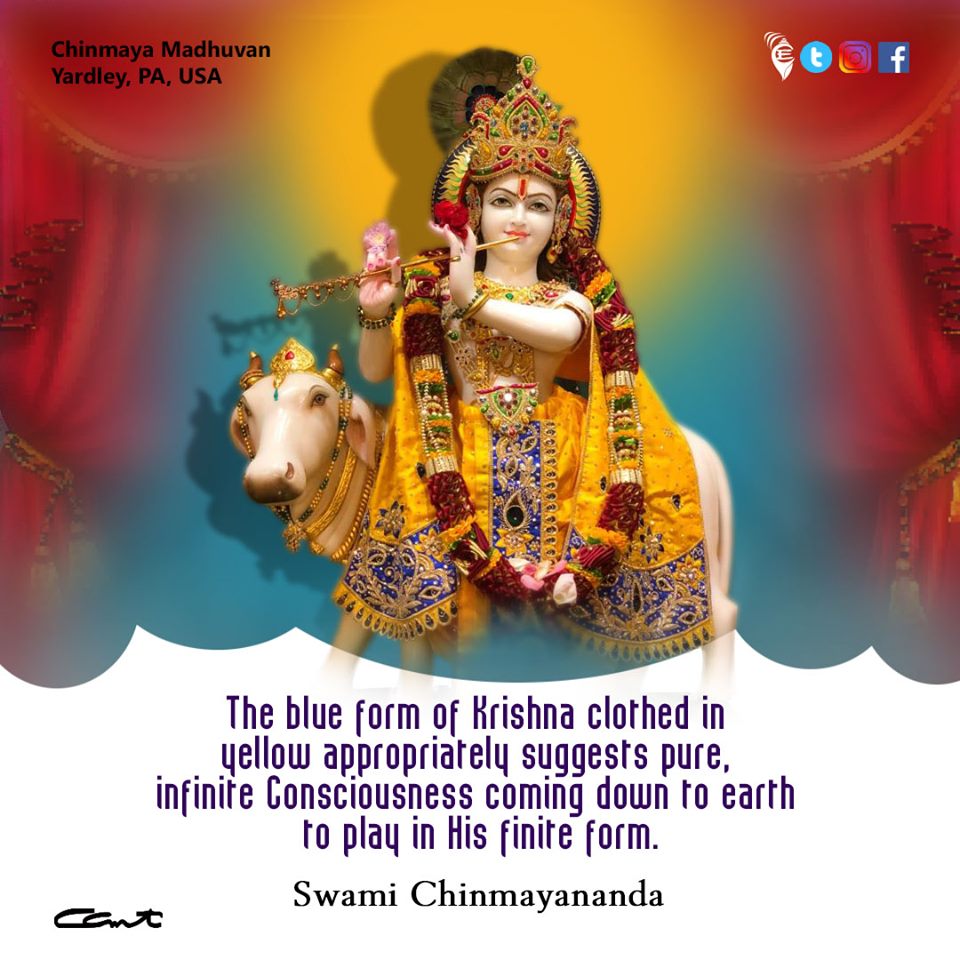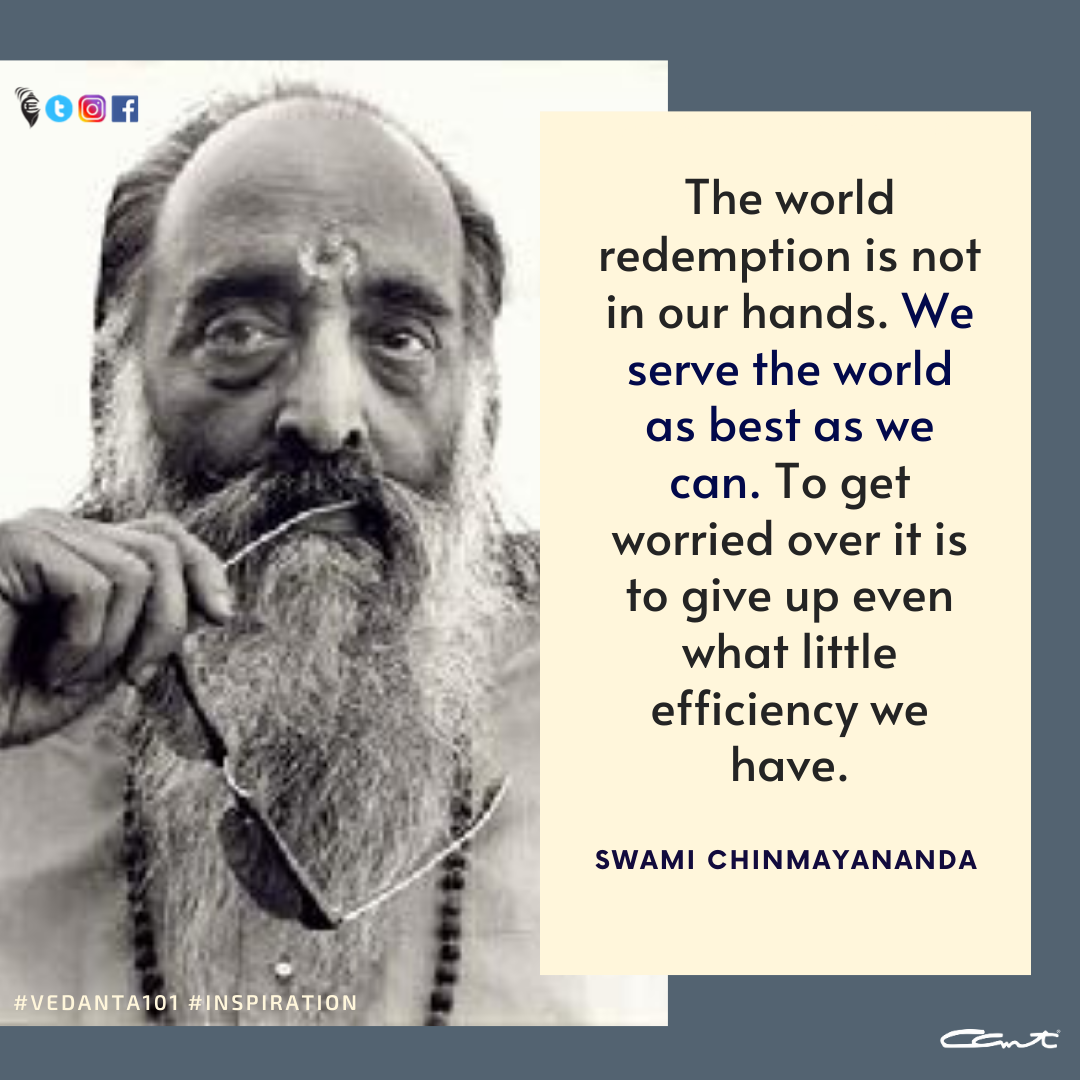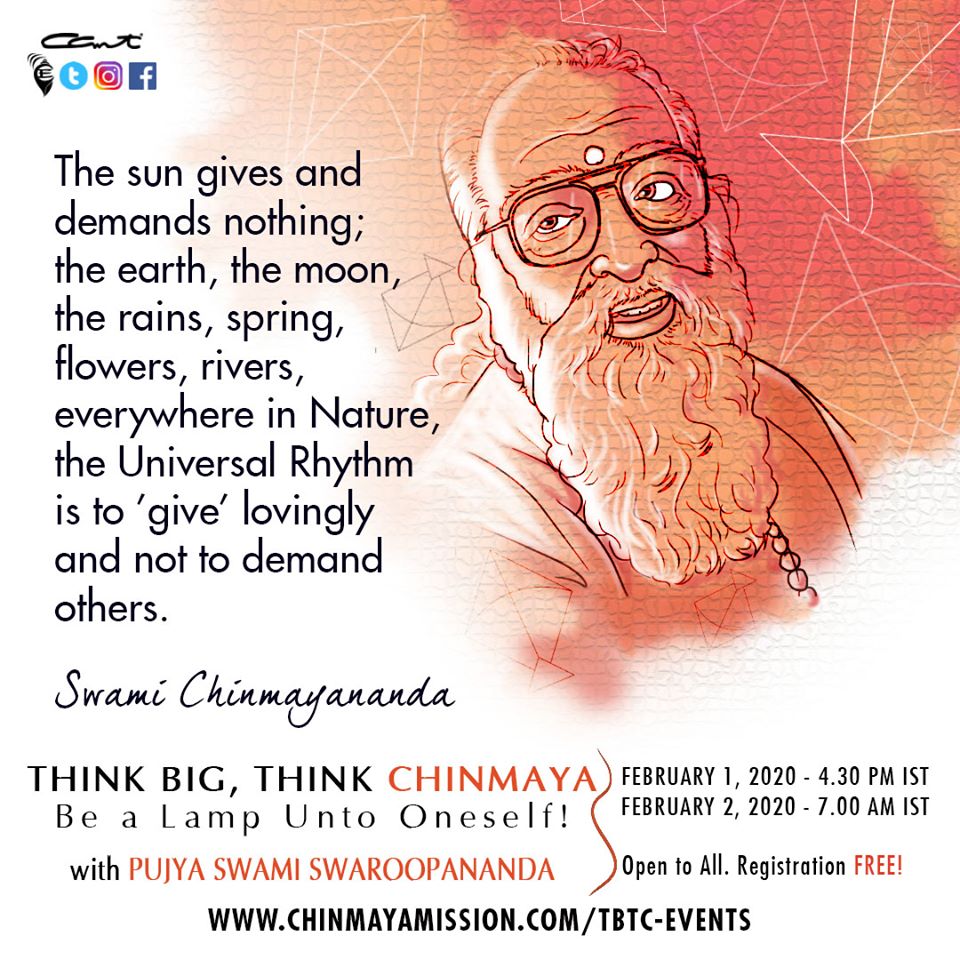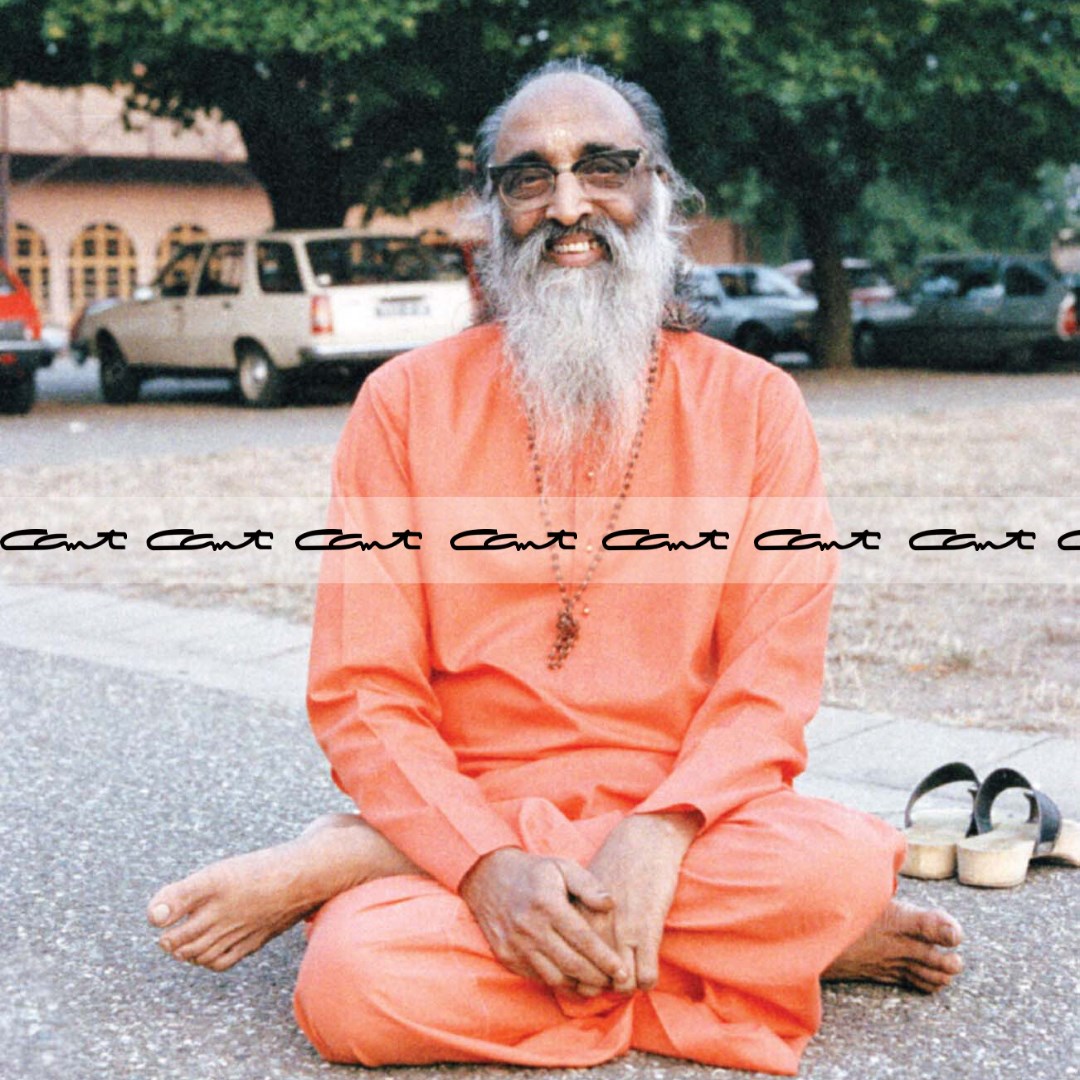Srimad Bhagavad-Gita : Chapter-15. Slokam - 8.

---------------------------------------------------- Thursday, October 01, 2020. 5:41. AM. Srimad Bhagavad-Gita Chapter-15. Purushothama-yogam Slokam - 8. "This chapter is very important, hence kindly follow and understand each slokam well." -------------------------------------------------------------- SLOKAM -8. "Sariram yadavapnoti yaccapyutkramatisvarah, grhitvaitani samyati vayurgandhanivasayat." ----------------------------------------------------------------- TRANSLATION : isvarah = jivatma the part of Paramatma the iswaran / Lord; yat sariram avapnoti = ( when ) gets the body too; yat ca api utkramati = ( when ) leaves the body too - i.e, during birth and death; vayah asayat = the wind ( vayu )...
















